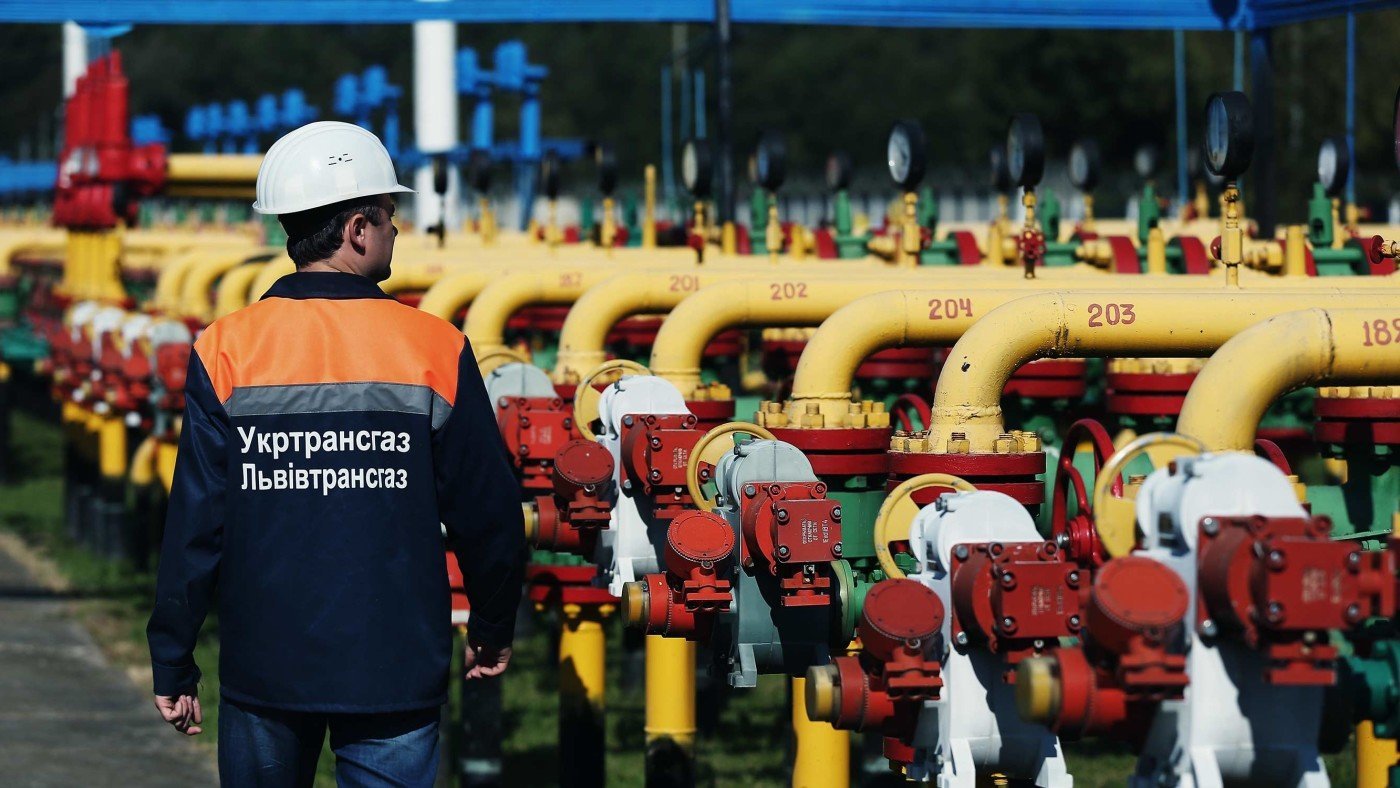The Eastern conflict has forced Ukraine to fundamentally redesign its energy policy. Whereas once, it could rely on a near endless stream of cheap Russian gas, tightening sanctions and a steepening political cost have forced it to think again.
Ukraine, newly cynical from 2014’s “Revolution of Dignity,” has learned the lessons of Gazprom’s previous supply cuts. When the taps were turned off in 2006 and in 2009, Ukraine was forced into concessions, eagerly encouraged by a rapidly freezing European Union.
Part of Ukraine’s energy vulnerability is environmental. Ukraine’s housing stock, largely of ex-Soviet origin, is cheaply and inefficiently built, often consisting of apartments surrounding a large single furnace with an on/off switch. This makes Ukrainian housing blocks particularly thirsty.
This time, however, when the gas stopped flowing, Ukraine was able to resist the pressure. When Gazprom’s cut off supply in November 2015 over a billion dollar payment dispute, instead of being forced to return to Russia to negotiate, Ukraine was able to draw down on its internal supply reserves, laid in over the previous summer, and alternative supplies from Europe.
The country does still rely on Russia for a big chunk of its gas. It imported around 6.1 billion cubic litres of the stuff from Russia in 2015. But this is a big drop from the 14.5 billion it imported in 2014. Instead, Ukraine has doubled its imports from Europe with about 10.3 billion cubic metres brought in during 2015.
EU anti-trust legislation against Gazprom, increased Russian reliance on European incomes to support a struggling economy and reverse flow through Slovakia for gas originally bought from Russia, has allowed Ukraine a more reliable supply.
But numbers aside, removing Russia’s leverage has come at significant economic cost. Overall, Ukraine’s total gas imports in 2015 fell 16 per cent year on year. Simply put, the reason that the Ukrainian economy can survive on less gas is not a revolution in housing insulation, but that fewer things are being made. Ukrainian GDP shrank 17 per cent from 2014 to 2015, and has recovered little since the Eastern conflict has frozen.
Not only have government revenues taken the physical hit of losing the industrial areas of eastern Ukraine to pro-Russian militias and Russian regular troops, Ukraine’s military industry has also taken a pounding.
Tight links between Russian and Ukrainian defence industries, the legacy of 30 per cent of the Soviet military industrial complex being left on Ukrainian soil in 1991, have been shattered, interrupting an industry in which component parts, not finished articles, were the dominant output.
Ukraine has also had to switch its military industrial base to a war footing, to repair and maintain basic equipment for its own forces, rather than serving the more lucrative export market. All this has helped to further depress gas demand.
While Russian estimates of $15 billion in lost contracts must be taken with a rather large pinch of salt, given the circumstances, the costs will no doubt have been significant.
Another hit that waits just around the corner will be the end of lucrative gas transit fees.
47% of total Russian gas exports to the EU currently travel through Ukraine, and this is estimated to provide around $2 billion in transit fees to the Ukrainian budget. Gazprom plans to end this by 2018/19, if the planned Nord Stream 2 pipeline is successfully completed, bypassing Ukraine completely, both to increase infrastructure reliability, as well as to take away the temptation for a newly gas-independent Ukrainian government from using transit to its advantage. We have already seen Ukraine double transit fees by October.
These economic pressures have damaged the post-revolutionary political coalition. Factionalism between oligarchs, fought out in the different arms of the media, have further damaged the government’s reputation. Banker and entrepreneur Ihor Kolomoyskyi, for example, pulls no punches with his public insults against Poroshenko, calling him an “educated usurper” in a recent interview with Politico.
The reformist dreams of many elites in Ukraine have thus been frustrated. While Ukraine has successfully taken itself out of the line of crippling Russian fire, this has been done at extreme cost and with these only likely to increase.
Corruption thrives in climates of scarcity, and as pressure grows on the Ukrainian budget, it is no surprise that the reform agenda has faced tough going.
Ukraine cannot completely reorient its national energy strategy, and become a perfect parliamentary democracy in a single step. Indeed, reform could be frozen even further by a cold winter in 2016/17 that would put further pressure on more limited gas supplies.
While Ukraine has achieved its greatest economic independence from Russia in recent history, this has not accelerated domestic reform.


